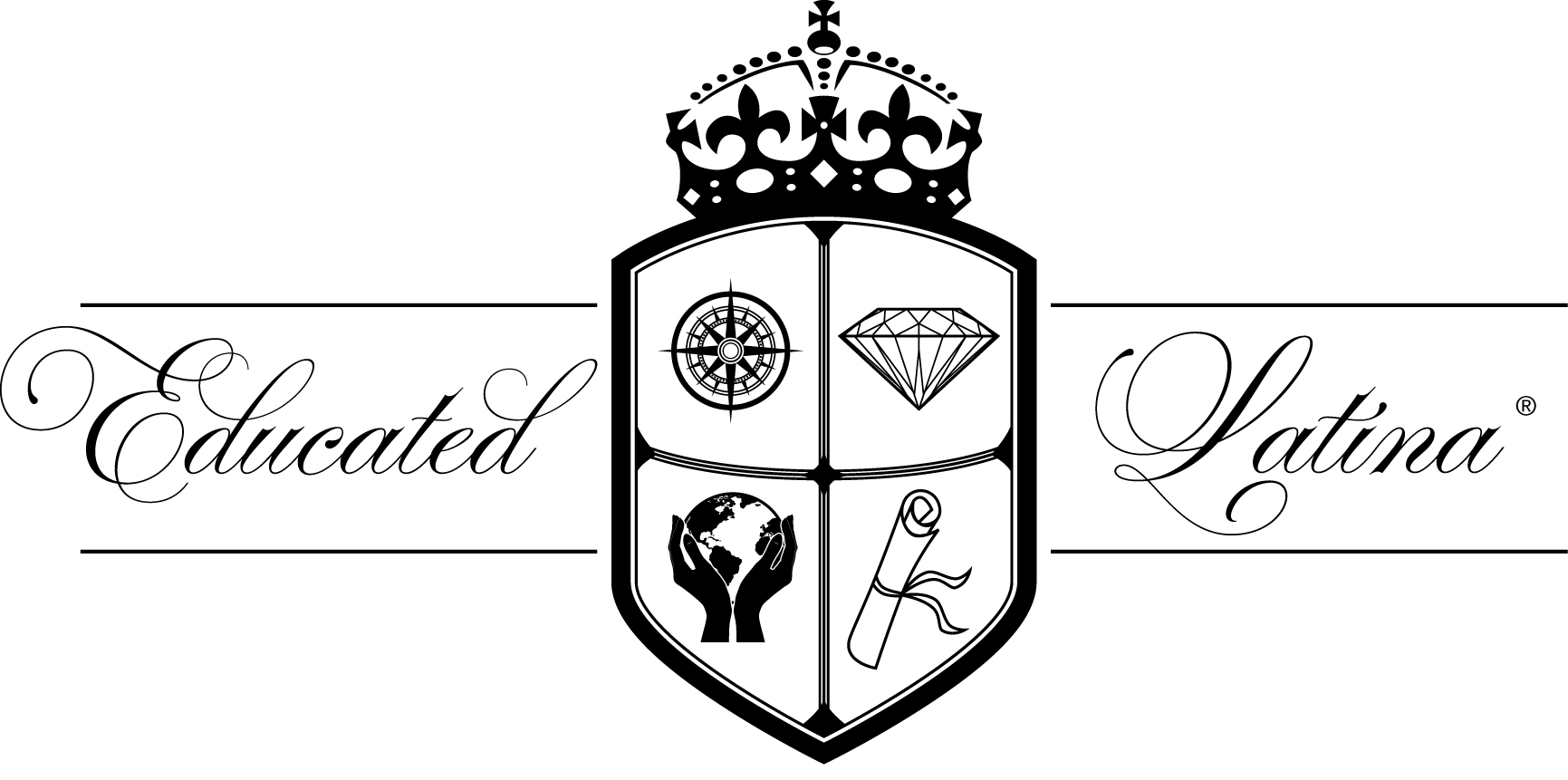3 Simple Study Tips to Pass Your Classes
If you’ve been reading this for a while, you know..
Continue Reading
“Don’t go out late at night by yourself”
Is the warning my mom gives me every time we talk on the phone. She tells me to be safe. She like many other mothers constantly remind their daughters that the world is not a safe place, especially for us. However, it is not just female students that are targeted by this danger. Young boys and girls, men, transgender and members of the LGTBQ community are all subjected to this danger. The danger: RAPE.
However, when digging deeper into rape culture. I couldn’t help but think about how sex is talked about in Latinx households. Now, granted not everyone is the same but for the main part, sex is taboo. Noticias 34 still has a section of the news called Noticias Taboo that comes on at 11pm/12am. Many girls are told that they should not be partaking in any sexual interaction until marriage. Others never even mention the word sex.
Every 98 seconds an American is sexually assaulted.* Having this alarming statistic over our heads, the question lies in how can we speak or even report sexual assault if we don’t even talk about sex. Our moms usually do not speak to us about sex other than we shouldn’t have it. This secrecy around sex is not their fault, their mothers did the same to them and so on.
There is this idea not only in Latino culture but in society as a whole that women should stay pure. The “ideal woman” is pure. However, times have changed and we can no longer take refuge in not speaking about uncomfortable topics with our elders.
On college campuses, among undergraduate students, 23.1% of females and 5.4% of males experience rape or sexual assault through physical force, violence, or incapacitation.** This saddens me but at the same time infuriates me. Why? Simple, many of us leave our homes to avoid the danger of the “ghettos” and pursue higher education. Our parents are misled with the idea that we will be safe on school campuses.
But once we are on college campuses, we realize that we might have walked onto more dangerous grounds than those of our neighborhoods. The documentary, The Hunting Ground produced by Amy Ziering, sheds some light on rape culture on college campuses as well as the flaws in reporting sexual assault.
The documentary, as well as survivors of sexual assault, have spoken out about the process of investigation. How the victim is oftentimes is blamed. The delay of an investigation in general and how victims are often dismissed if alcohol or any other substances play a role in the sexual assault.
It was a breath of fresh air when Title IX was implemented all over college campuses. Many students felt as though now they could be heard without having to fear the reaction they would get. Title IX although being beneficial does have its flaws. But it was a start right. Something was being done.
There was hope. This hope was quickly taken away by the new education secretary, Betsy DeVos. Mrs. DeVos made it clear from her very first day in office this year, that Title IX was not a good use of taxpayer’s dollars. Many agreed with her. Recently, she has made some decisions to cut back on the program. Many are saying she has made it easier for rapists to get away with rape. Once again the uncertainty is back.
Students are in an unsettling time where the real question is who do you turn to? Familial norms make it hard to tell our families because of the taboo aspect. Many don’t know if they should report the incident to the authorities. Questions such as:
“Will they believe me?”
“What will people say?”
“What will my family say?”
These questions and many more haunt survivors. I am here to say that whether you report an incident or decide not to, never think you are alone. Rape is a major issue but it becomes an even bigger issue if one deals with it alone. Talk to a close friend or someone you feel comfortable with. If neither sounds right to you there are hotlines that are open 24/7.
Hotline number: 800.656.HOPE (4673)
You are not alone! If you need help don’t be afraid to ask for help!
Citations
*Department of Justice, Office of Justice Programs, Bureau of Justice Statistics, Rape and Sexual Victimization Among College-Aged Females, 1995-2013 (2014).
**David Cantor, Bonnie Fisher, Susan Chibnall, Reanna Townsend, et. al. Association of American Universities (AAU), Report on the AAU Campus Climate Survey on Sexual Assault and Sexual Misconduct (September 21, 2015). (“Victim services agency” is defined in this study as a “public or privately funded organization that provides victims with support and services to aid their recovery, offer protection, guide them through the criminal justice process, and assist with obtaining restitution.”
0 comments